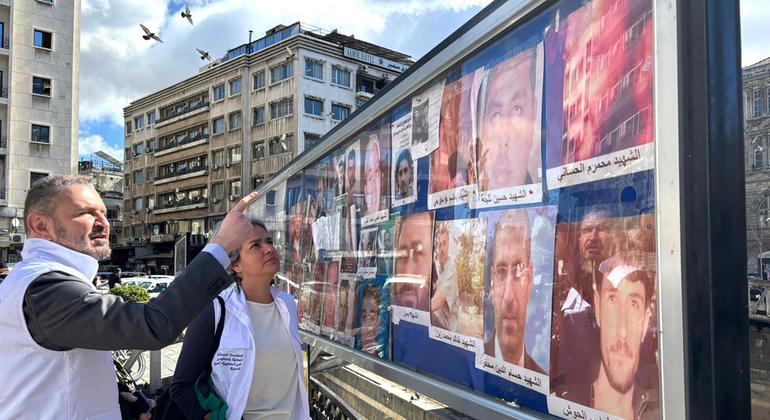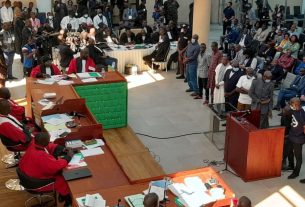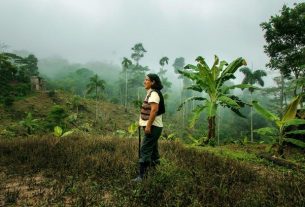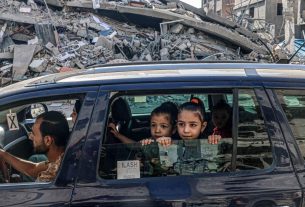It has been two months since Bashar al-Assad, the former president of Syria, was forced to flee the country, as rebel forces – now installed as the interim government – advanced on Damascus, putting an end to 50 years of autocratic rule and nearly14 years of civil war. The country’s de facto rulers face monumental political and economic challenges, as well as a chronic humanitarian crisis (see below), and a legacy of human rights abuses committed by the former regime.
Acknowledging the atrocities, identifying the missing and finding justice for those affected has been identified as an important element in Syria’s recovery, and preventing a return to war. On 10 February, a team from the Independent Institution on Missing Persons in Syria (IIMP), a body set up by the UN, completed its first visit to the country, in cooperation with the de facto rulers.
As well as meeting representatives of the authorities and partner groups, including NGOs, the team spoke to dozens of families in Derayya and Tadamon, places marked by devastation, destruction, and profound suffering, as well as the infamous Sednaya prison, and heard about their struggles to find their loved ones. Throughout the visit, the team was repeatedly told: “Everyone in Syria knows someone who is missing. We all have someone missing.”
In the coming weeks, the IIMP will present a project to the authorities for discussion with both officials and families, to help in the collective efforts to discover the fate and whereabouts of the missing and to help open a path to truth.
Millions of Syrians remain reliant on aid
Before the fall of Assad, the UN estimated that over 16 million Syrians needed humanitarian aid, citing “rapid economic deterioration” and a lack of livelihood. On Monday, the UN Office for the Coordination of Humanitarian Affairs (OCHA) said that, during the previous week, 19 trucks crossed into northwest Syria carrying nearly 300 tonnes of food for 90,000 people, as well as medical supplies and education kits to reach 450,000 people.
The UN children’s agency, UNICEF has been drawing attention to the effect that conflict, displacement and economic instability continue to have on many families in Syria, as well as the harsh winter conditions. The agency is active in the country and is currently distributing winter clothing to children in rural areas.



